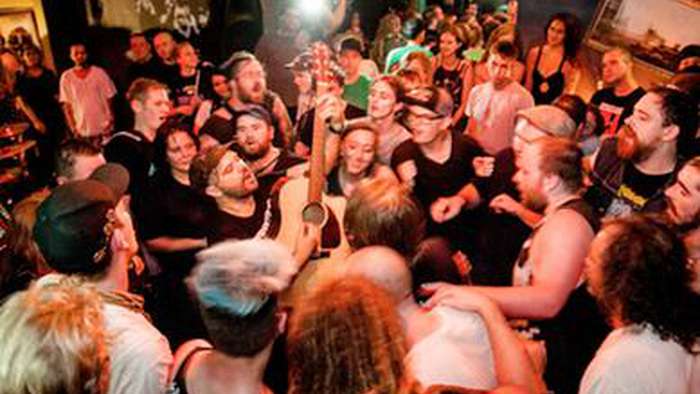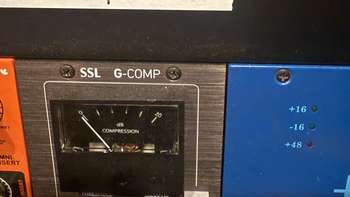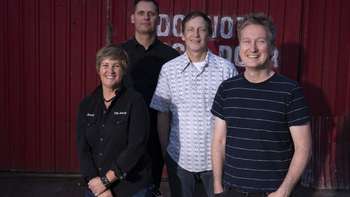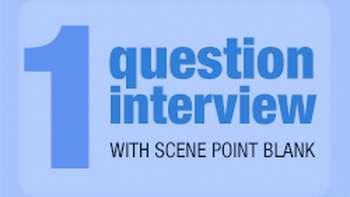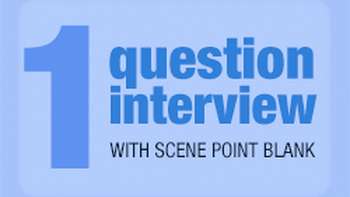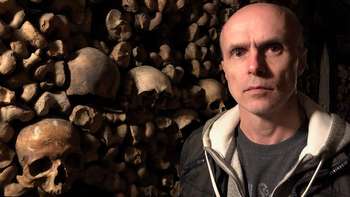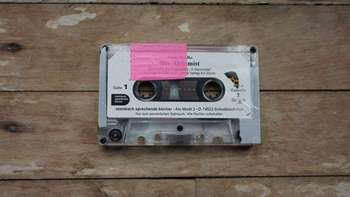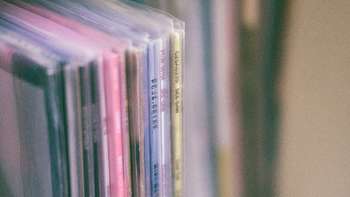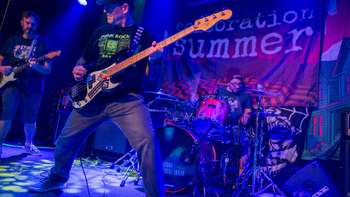I’ve been going to punk shows for well over a decade. That statement may seem like bragging, but it’s not. Most people in my day to day life think going to punk shows is dumb. I can understand why. At a punk show there is a good chance you’ll be pushed by a stranger, have a drink spilled on you, and/or leave with a persistent ringing in your ears. Someone may jump on your head or hit you with an elbow.
Despite this, or maybe because of this, a punk show is still one of the only places I feel like I belong. It’s a culture that I grew up in, and whether or not it always lives up to my expectations, I keep going to shows because punk allows me to be a part of something bigger than myself. As a kid that saved my life. For an awkward and spazzy teen concerts offered a place to go, people to hang out with, and a community where I didn’t feel so strange. As an adult these things remain deeply important.
Admitting that feels venerable. It’s like saying I still sleep with a night light. After a certain age people are supposed to grow out of their teenage obsessions, but the values and ideas that I learned going to shows have been burned into the back of my eye lids. They’re a part of who I am, alongside my Canadian accent and Christian guilt.
Whether or not this is a good thing is still up for debate. (Excellent articles both for and against can be read here and here. But last night I found myself at a Mischief Brew show--a group of anarcho-folk-punks fronted by Erick Peterson--and felt deeply comforted.
Mischief Brew, alongside friends/collaborators Ramshackle Glory, are at the forefront of the anarcho-folk-punk scene. It’s music that’s more concerned with heart then form and lyrically the line between the personal and the political is almost nonexistent. The songs point to broader social issues and how those things effect you individually. They’re also really easy to sing-a-long to.
It’s not the type of thing that I could recommend to everyone. For some the sincerity may seem saccharin, for others the politics or lo-fi production may be alienating. However, for the kids at the show--complete with their homemade patches and self-cut hairdos--Mischief Brew is deeply important. I know this because before the show audience members, apropos of nothing, came up and told me that Mischief Brew is deeply important.
The conversations that I had that night spanned from Chomsky to The Cramps. I talked trans-rights with a girl who was using a fake ID. I talked about urban farming with a guy who then asked if I wanted to chug a fifth of rum behind the venue. Multiple people talked about the need for a tight need community, and how the bands that night were a jumping off point for that type of community. The statement may seem hopelessly naive, but a Mischief Brew concert is the type of place where a stranger could make that kind of statement to another stranger, and that has got to count for something.
The band that night played for about an hour. Peterson’s vocals blended with the chorus of fans, who shouted along for the duration of the set, including the newer material from This Is Not for Children released in June on Jello Biafra’s Alternative Tentacles label. At the end of the night I had lost my voice, I smelled like beer and other people’s sweat, and my arm was bruised from the pit. I was tired, sore, and immeasurably happy.
Leaving the venue that night I said goodbye to some of the people I had met, and asked each a couple of questions to try and put together some thoughts for this article. A girl who stood at maybe five foot tall and had a giant Andrew Jackson Jihad patch said this:
“It’s weird that people feel like apologizing for liking things that are so positive. But that’s why I love this music. People helping people and talking about equality should be normal.”
Well put.
